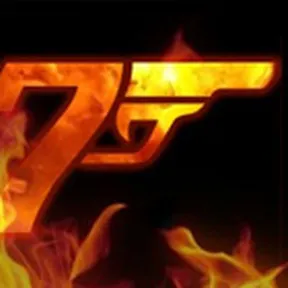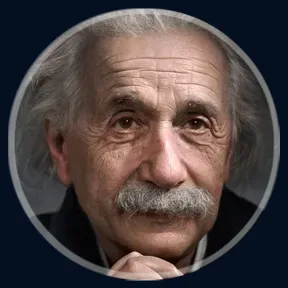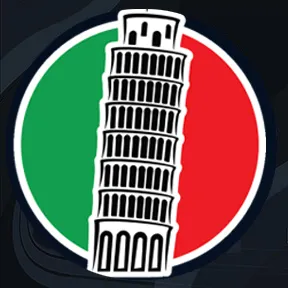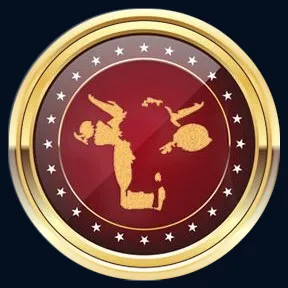The founding of the East and West German states (1949)
1949 was a special year in German history as two separate states were founded almost in parallel. The division into East and West Germany reflected the division of the world into two during the Cold War. The East-West conflict was to last over 40 years.
Germany was stripped of its war gains and lost territories in the east to Poland and the Soviet Union.
At the end of the war, there were some eight million foreign displaced persons in Germany, mainly forced laborers and prisoners, including around 400,000 from the concentration camp system, survivors from a much larger number who had died from starvation, harsh conditions, murder, or being worked to death.
Over 10 million German-speaking refugees arrived in Germany from other countries in Central and Eastern Europe. Some 9 million Germans were POWs, many of whom were kept as forced laborers for several years to provide restitution to the countries Germany had devastated in the war, and some industrial equipment was removed as reparations.
From today's point of view, what happened back then seems logical. Today we also know that the German-German divide lasted a long time, but it was not irreversible.
And it seems almost inevitable that the democratic values of the West German constitution 1949 would prevail as the basis of society - including in the reunified Germany.
But the Germans in 1949 couldn't even have guessed at all this. They were experiencing an unprecedented historical experiment in both East and West. It was a radically new situation: What if they made fundamental mistakes in the founding of their states? What if they were unable to overcome the curse of fascism?
The constitution that was adopted bore striking similarities to the Weimar Constitution of 1919, and was based largely on a draft written in 1946 that was intended for a united Germany. Consequently a new constitution was adopted in 1968 that more accurately reflected the socialist government of the country.
The establishment of the GDR made permanent the division of Germany that had been implemented in 1945. West Germany had already gained independence from the occupying powers earlier in 1949, and the creation of East Germany meant the same for the formerly Soviet-zone although the ruling Socialist Unity Party of Germany maintained close ties with the USSR and was therefore seen as a satellite state.
The position of head of state was originally taken by Wilhelm Pieck who was President until his death in 1960. However, in reality authority lay with the General Secretary of the Socialist Unity Party who – in 1950 – was Walter Ulbricht. On the President’s death his position was dissolved and the office of President was replaced by the State Council. As the chairman position was commonly held by the General Secretary, this gave Ulbricht and his successors ultimate power in the GDR.
Following the Peaceful Revolution in 1989 and the fall of Berlin Wall, East Germany experienced the first truly democratic elections that dramatically reduced the power of the Socialist Unity Party and led to the reunification of Germany that took place on 3rd October 1990.
























